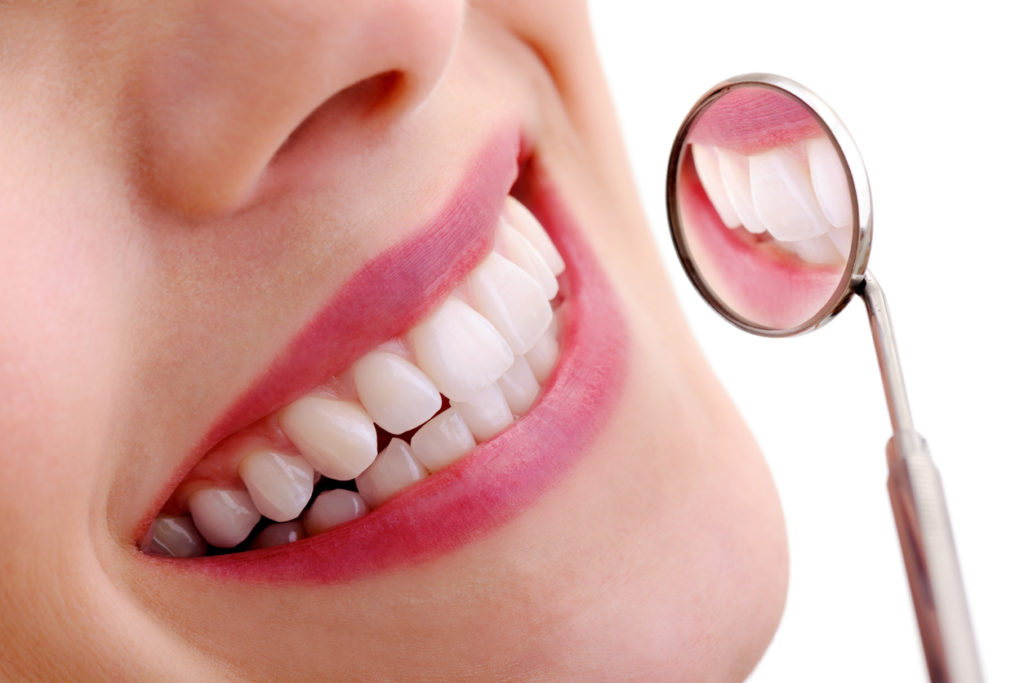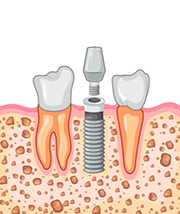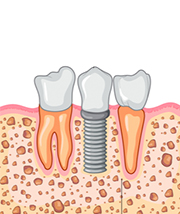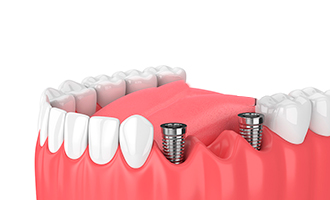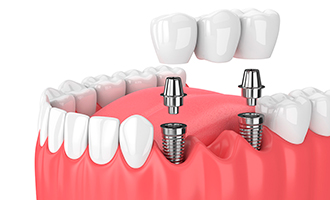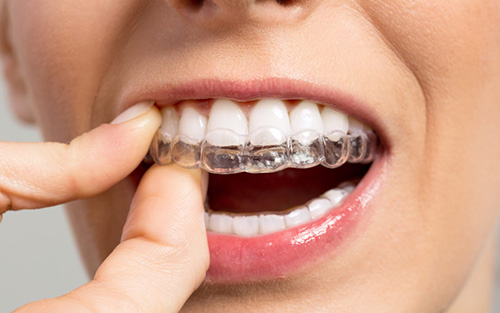Advanced Digital Implants
(Guided Implantation)
Salient Features:
- Computerized 3D virtual operation program
- Accurate analysis to determine bone & tissue morphology
- 100% digital selection of prosthetic position ensuring precision
- Flapless dental surgery to achieve quick outcome with least pain
- Better results in patients who are on anti-coagulants-anti-platelet medications (e.g. Aspirin/other blood thinners)
- No incision
Benefits:
- Less pain & swelling
- Greater accuracy, stability & aesthetics
- Less visits to your dentist
- Get your replacement tooth faster
- Excellent occlusion




